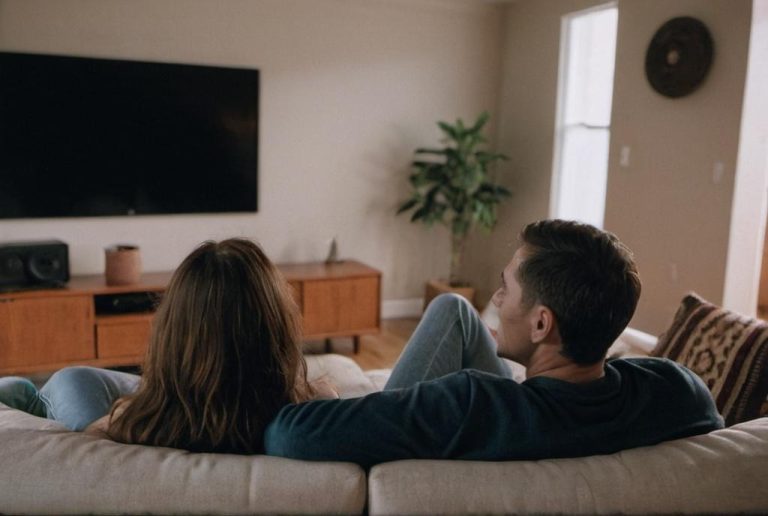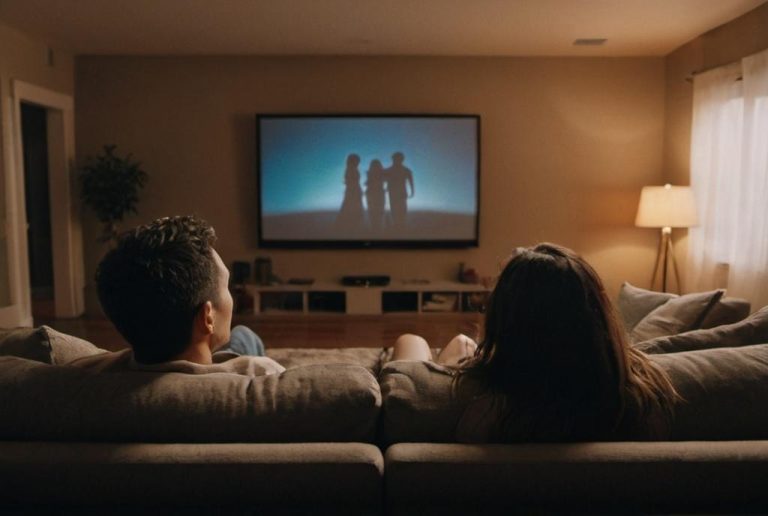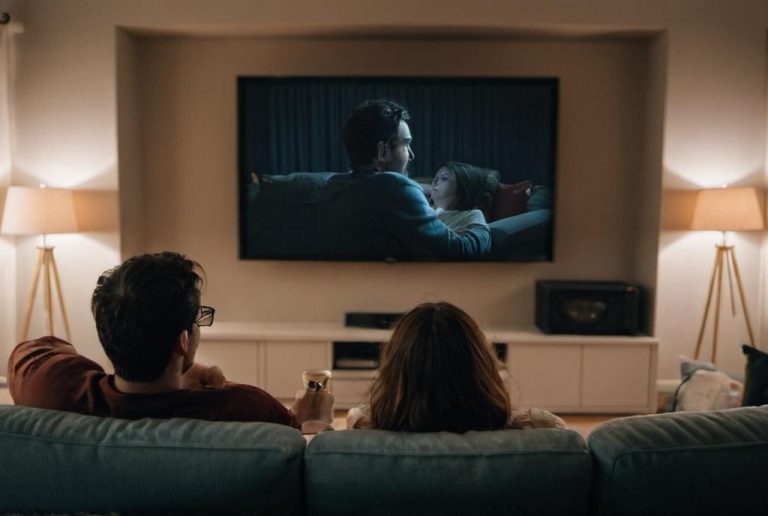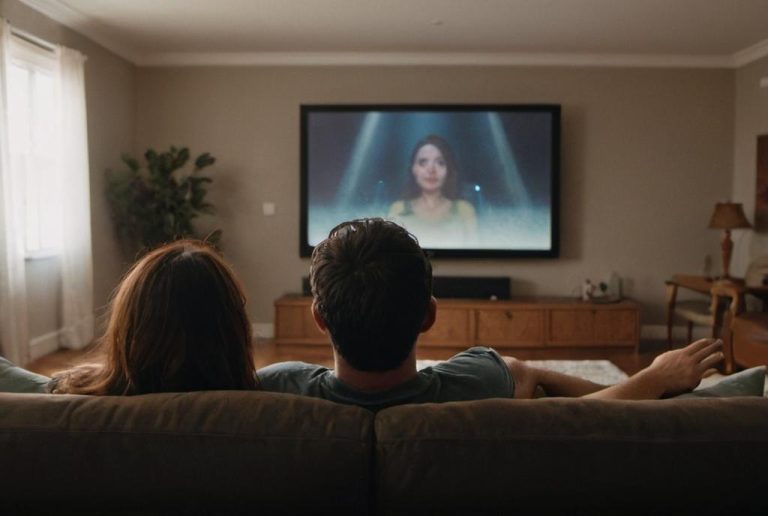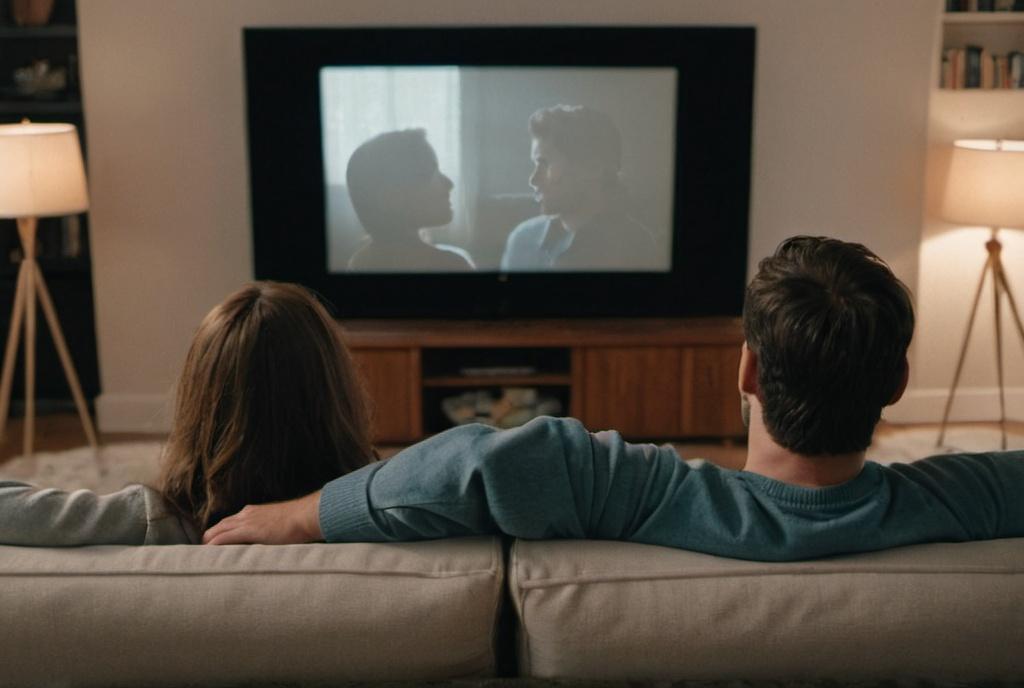
Key Take Aways About film permits and legal issues
- Film permits are essential for legal and smooth filmmaking, akin to needing a driver’s license.
- Permits regulate the shoot’s impact on public and environment and offer peace of mind.
- Obtaining permits involves forms, fees, and regulations; a location manager can help navigate this process.
- Legal issues like copyright claims and location liabilities can arise.
- Permit costs vary widely; budgeting for them is crucial.
- Transparency about permit costs can impress investors and producers.
- Permits, though unglamorous, are vital for a film’s success and creativity.

Film Permits: The Golden Ticket to the Silver Screen
Taking a film from concept to action often involves more paperwork than actors and directors. The unglamorous part of filmmaking? Securing those pesky film permits. Whether you’re filming a blockbuster or a quirky indie, acquiring the right permits is as essential as the camera itself. It’s like needing a driver’s license before hitting the road. Without it, you may find yourself slapped with fines or halted productions—definitely not the kind of drama you signed up for.
Why Film Permits Matter
A film permit is essentially the green light from local authorities, signaling that you’re allowed to shoot in a particular location. It’s not just about getting permission; it regulates how your shoot will affect the public and the environment. Think of it as buying peace of mind—knowing your shoot is legit and compliant with local laws. Skipping this step? Let’s just say you’re playing with fire.
The Paper Trail
The process of obtaining these permits can be as exciting as watching paint dry. You’ve got forms, fees, and a smorgasbord of rules to wrap your head around. This is where having a good fixer, often a seasoned location manager, becomes invaluable. They know the ins and outs, who to schmooze, and how to keep things kosher.
Legal Twists and Turns
Once you’ve waded through the quagmire of permits, you may think you’re in the clear. Not quite. Legal issues can pop up like an unwanted sequel. From copyright claims to privacy invasions, legal challenges are as common as popcorn in a cinema.
Copyright and Intellectual Property
Let’s face it, originality is about as elusive as a unicorn. Given the boundless content already out there, the risk of treading on someone else’s creative toes is real. If your film treads too closely to existing work, you might find yourself in the courtroom instead of the editing room. It’s why copyright lawyers are worth their weight in Oscars.
Location Liabilities
Shooting on location comes with its own bag of legal hot potatoes. What if you damage property? Or someone gets injured during the shoot? Your film permit should cover these scenarios, but a hefty insurance policy acts as your safety net. It’s all fun and games until someone trips over a cable.
The Money Matters
When it comes to film permits, the cost can vary wildly—just like airline tickets. From peanuts for a tiny shoot in a small town to eye-watering sums in bustling cities, budgeting for permits is crucial. And remember, the cost doesn’t end at the permit. Factor in the fees for traffic control, law enforcement, and other municipal services you might need.
Financing Follies
Investors and producers love a solid budget plan, almost as much as they love a guaranteed hit. Being transparent about permit costs in your financial breakdown can score you some brownie points. It shows you’re serious about the project and not just blowing smoke.
The Creative Jigsaw
Permits and legal stuff may sound like the antithesis of creativity, yet they’re pieces of the same puzzle. Without them, your film might never see the light of day—or the darkness of a theater. By embracing this not-so-glamorous side of filmmaking, creators can focus on what they do best—making magic on screen.
So, as you pen that next script or plan your next shot, keep in mind: permits and legalities may not be thrilling, but they sure are necessary. Neglecting them could turn your cinematic dream into a real-life courtroom drama. And no one wants their story to end like that.
